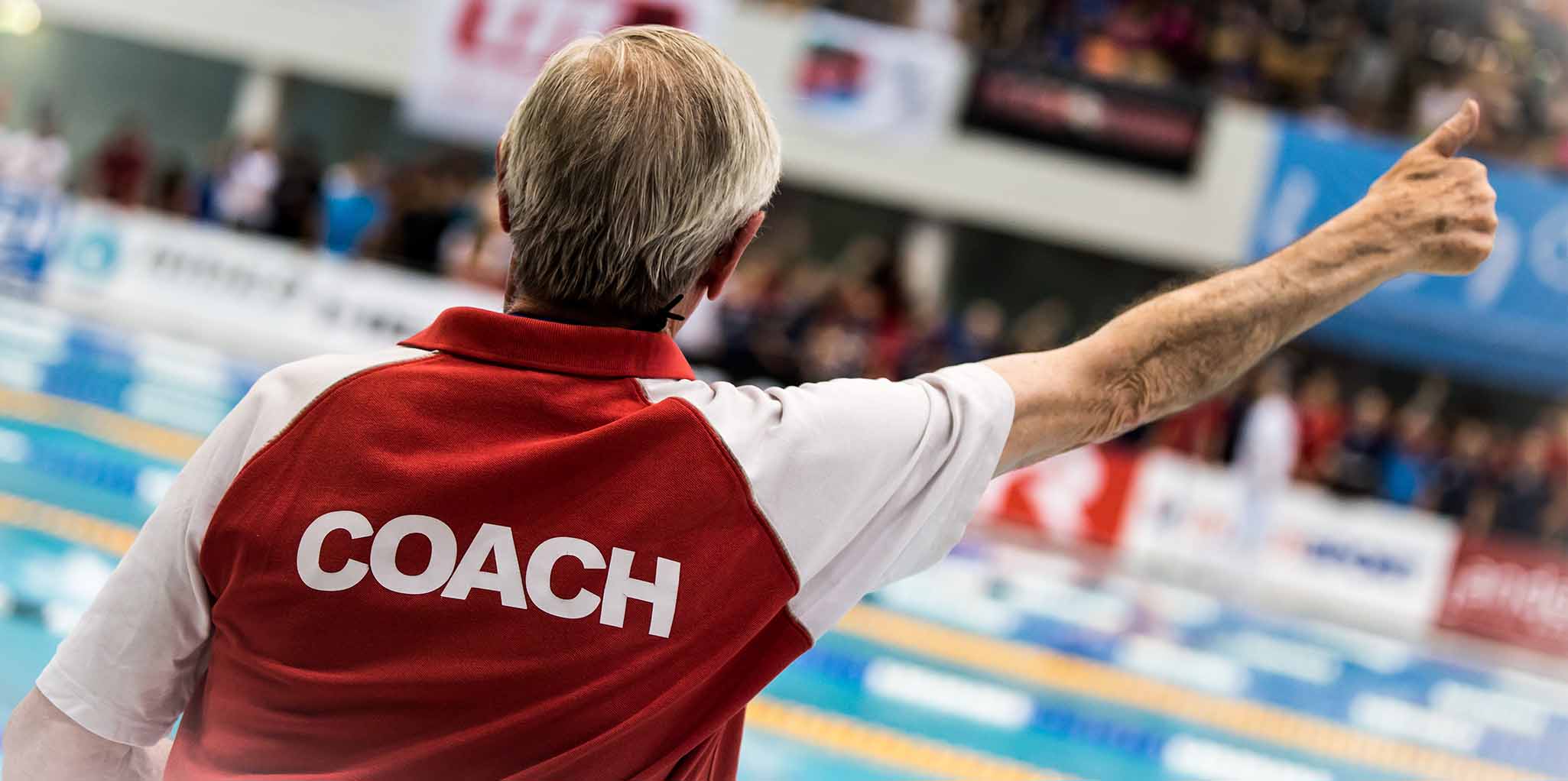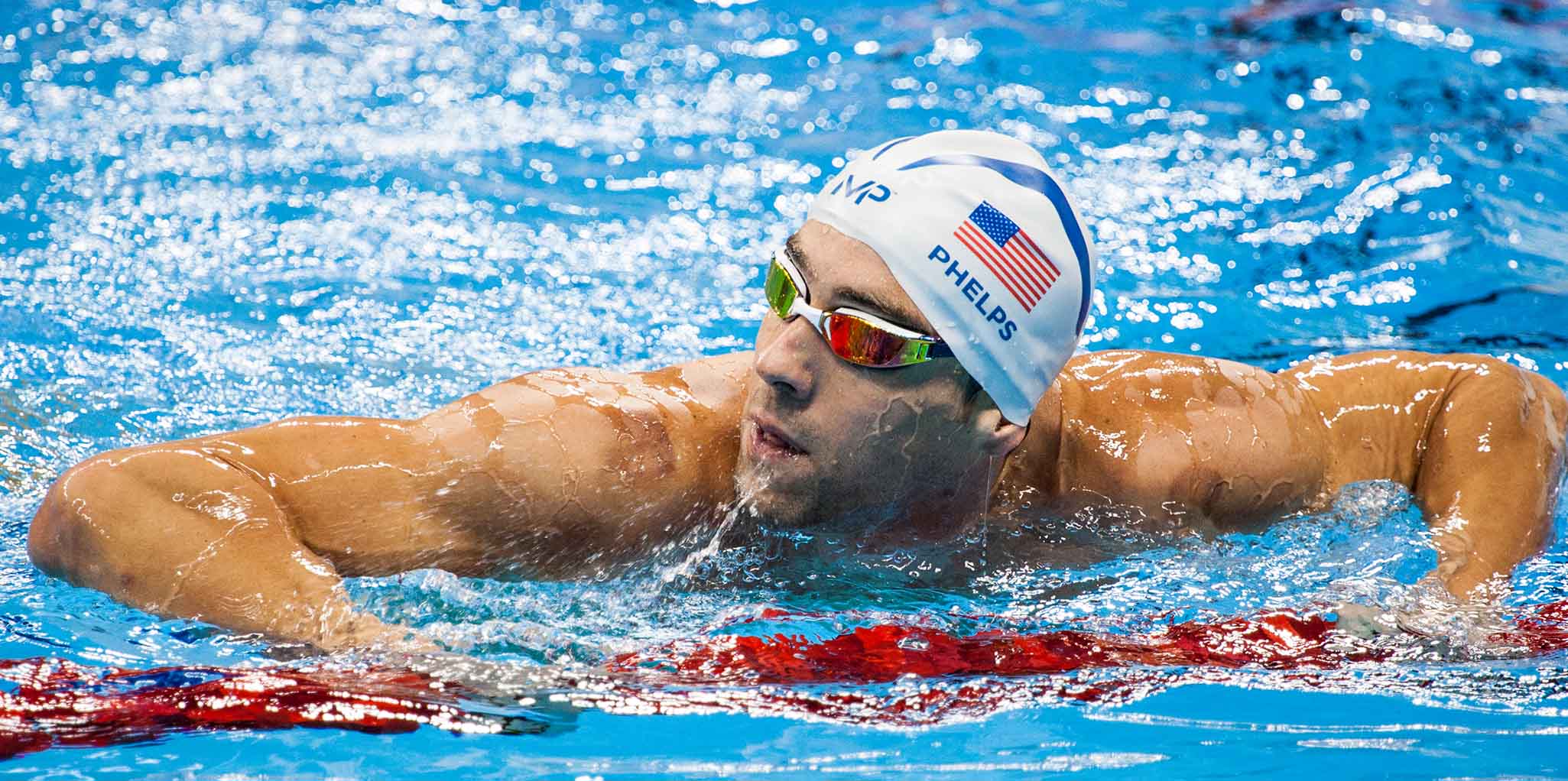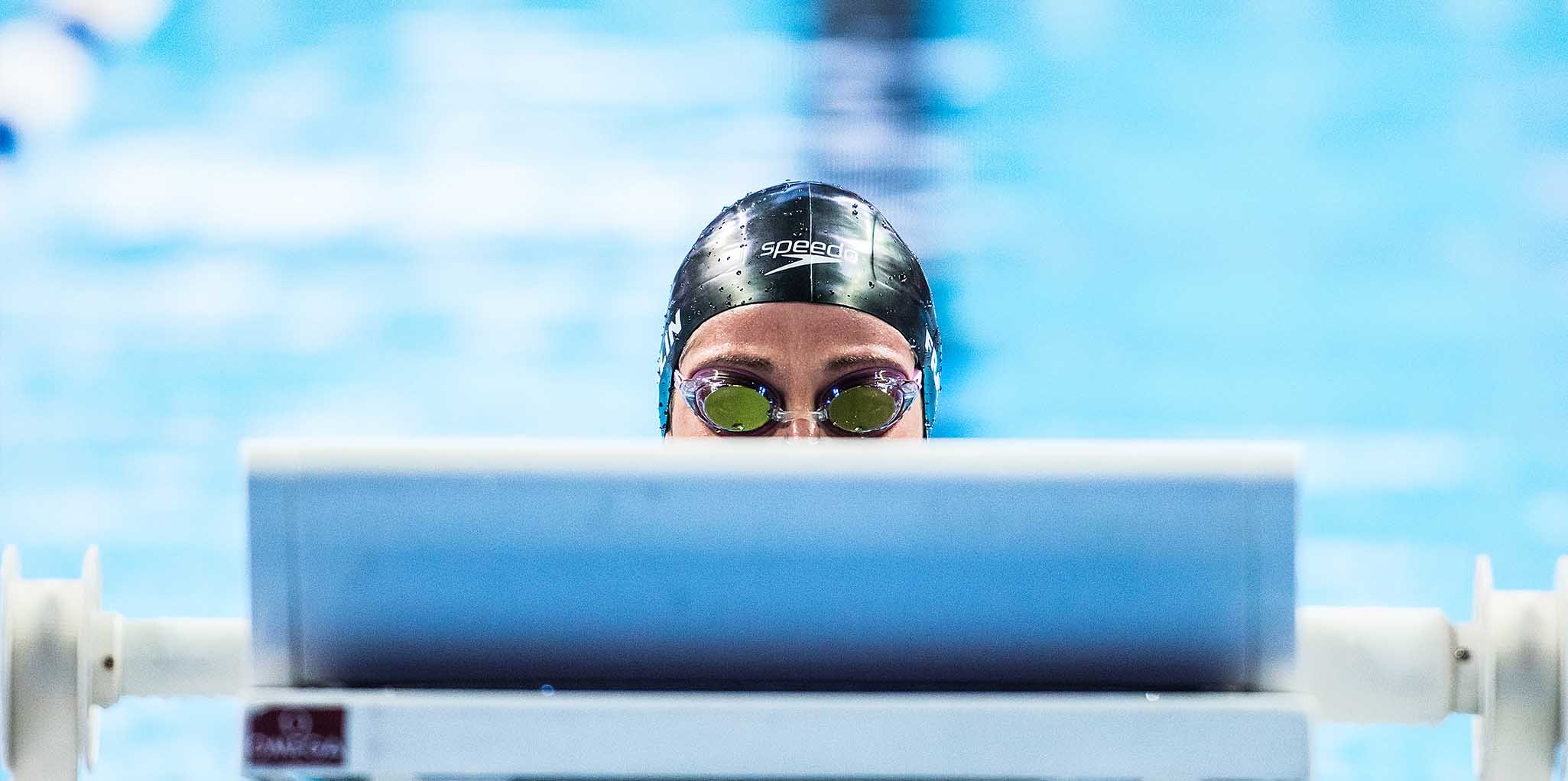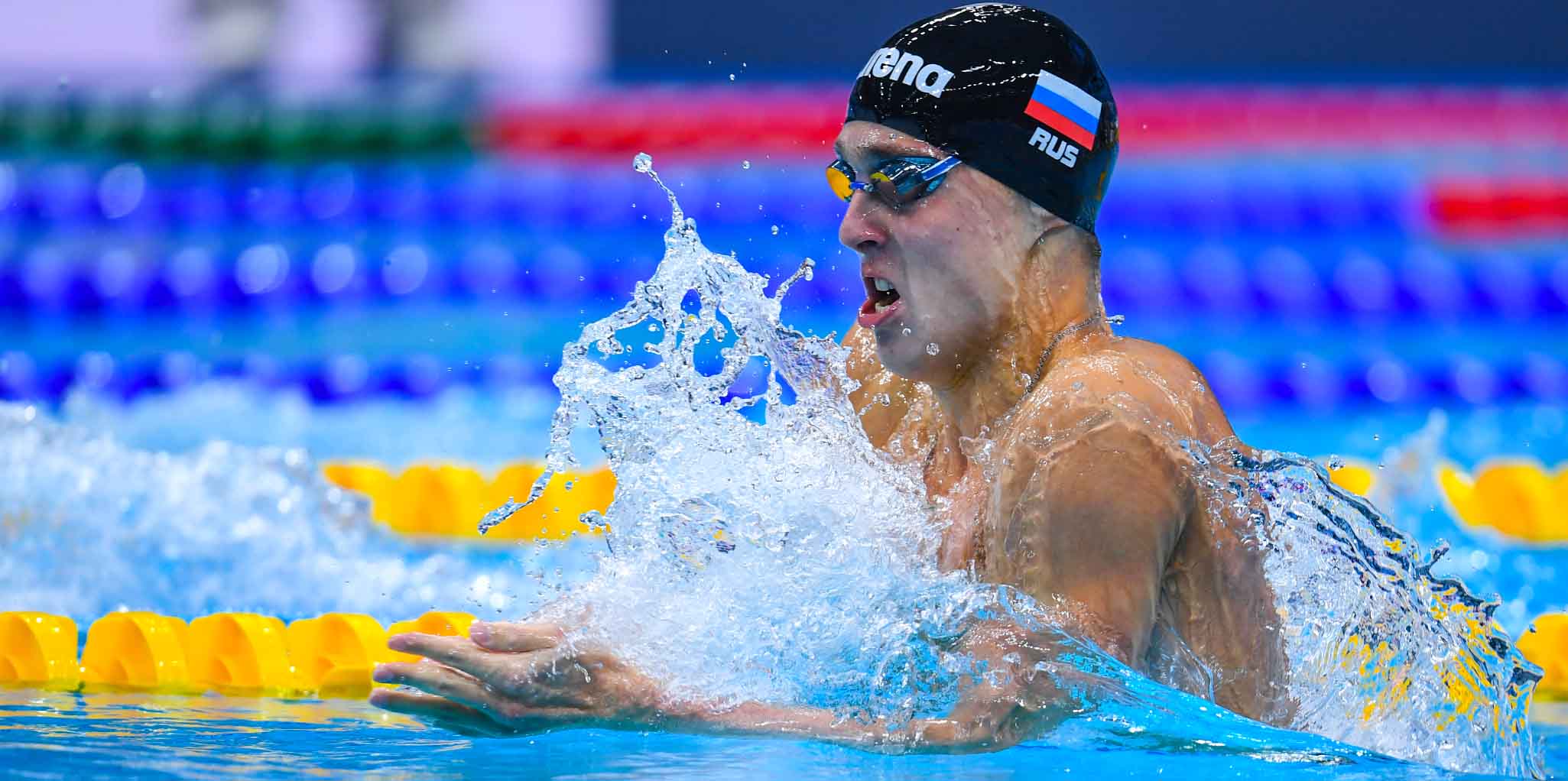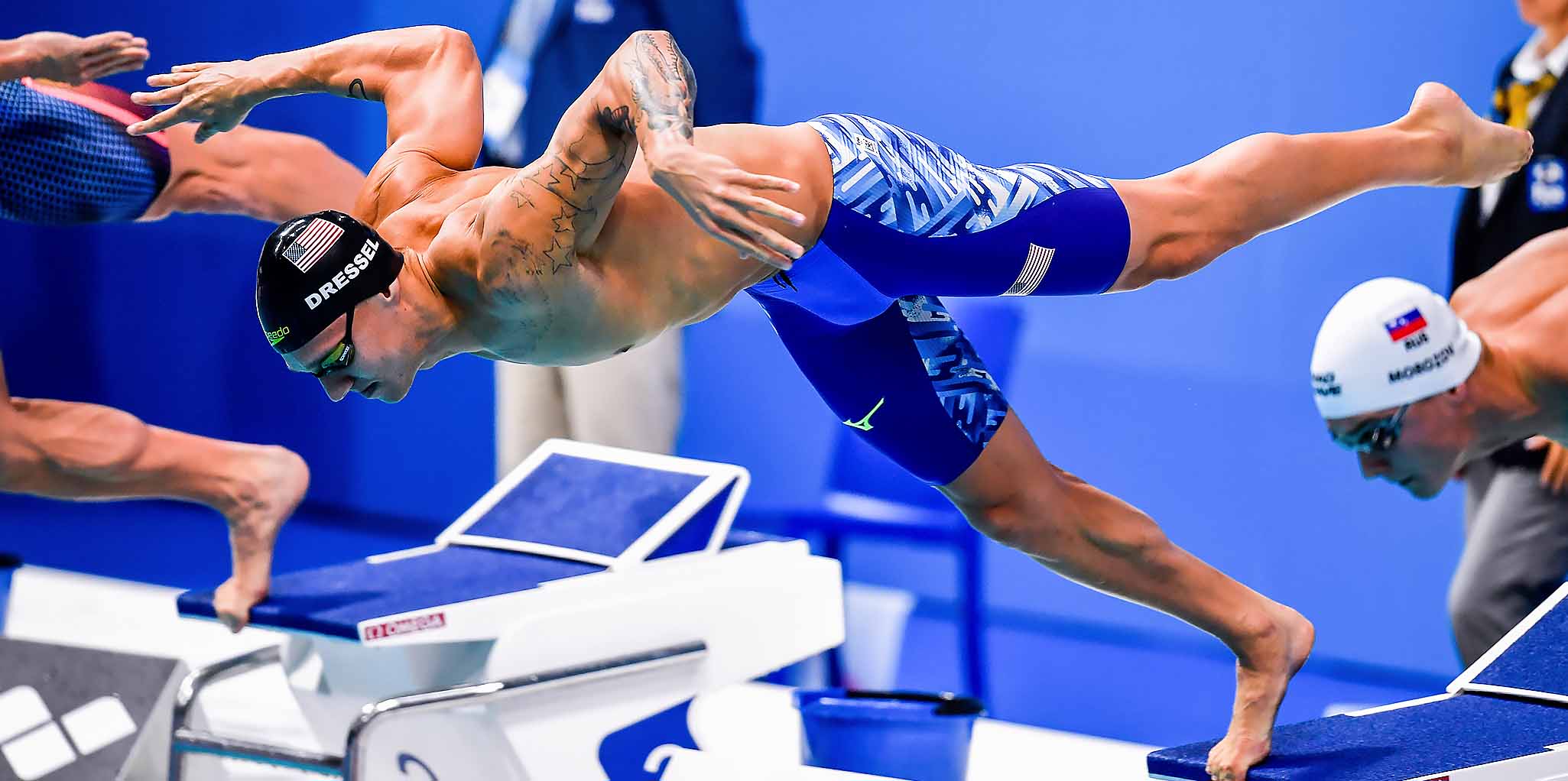- Details
- Written by Sebastian Schwenke
Swim coaches on every level normally share one common quality: They are eager to learn from each other. At competitions you always see them chatting about the latest trends in training or about how they are dealing with certain challenges all for the purpose of bettering their athletes. Unfortunately the swimming world spins a bit slower these days due to the Corona Virus and lockdowns in various countries. Competitions are on hold and coaches have less opportunities to share their wisdom. But in the digital age, swim coaches can get together without beeing in the same room.
- Details
- Written by Sebastian Schwenke
The 400m IM - barely another event brings swimmers such pain as the combined fourfold 100m sprint of all swimming strokes. If you overpace on the first few meters you will die mercilessly on the last lap. No one ever forgets such pain.
- Details
In an interview the Olympic champion Ruta Meilutyte recently said to reach the top the ability to motivate yourself, a high sense of duty and pronounced learning skills are more important than the physique of a swimmer. Ruta's assumptions are confirmed by a study for which Olympic champions were compared with less successful athletes. As the results showed top athletes tend to have higher mental strength, which means they are more able to cope with pressure and anxiety, they have improved attention and concentration skills, increased work ethic and, overall, are more optimistic.
- Details
- Written by Sebastian Schwenke
Swimmers have a big heart. Not just because of their love for their teammates, coaches and family. This is meant quite literally. Studies have shown that regular swimming training can lead to a larger volume and a more powerful beat of a swimmer’s heart.
- Details
Breaststroke: Some people love it, and for others, there’s no greater punishment. No other stroke divides swimmers like breaststroke does, and even among the experts themselves, there is a division: There are the sprinters, who would gladly plow through 50 or 100m, and then there are the 200m experts, who would rather elegantly glide in and out of the water like a needle going through cloth, bobbing up and down along the lane. In order to swim the 200m breaststroke with both beauty and speed, these swimmers have to keep one trick in mind: the right stroke rate at the right time.
- Details
- Written by Sebastian Schwenke
When a new athlete enters the world stage of swimming and performs exceptionally well, the competition tries to figure out the newcomer’s secret. Rivals will analyze the swimmer’s every move, trying to figure out what makes him or her so much faster and why no one can get ahead.

